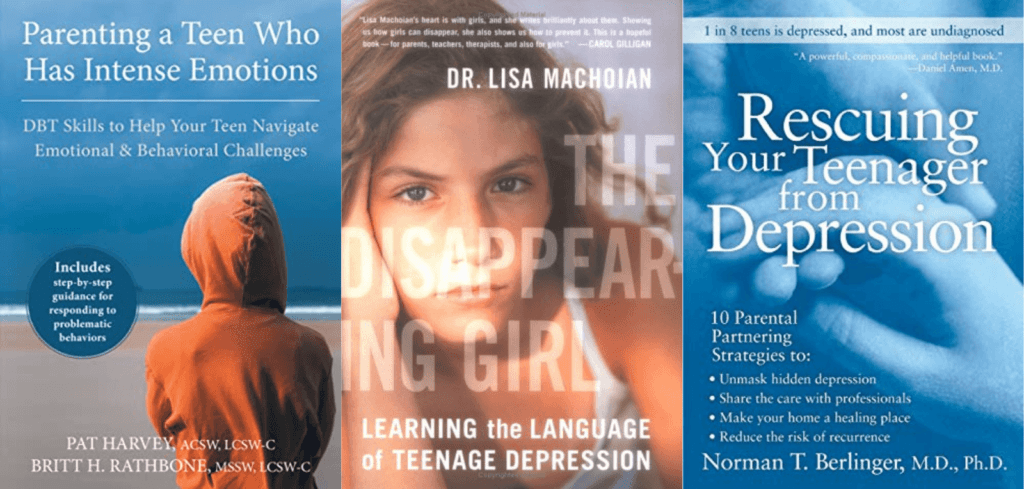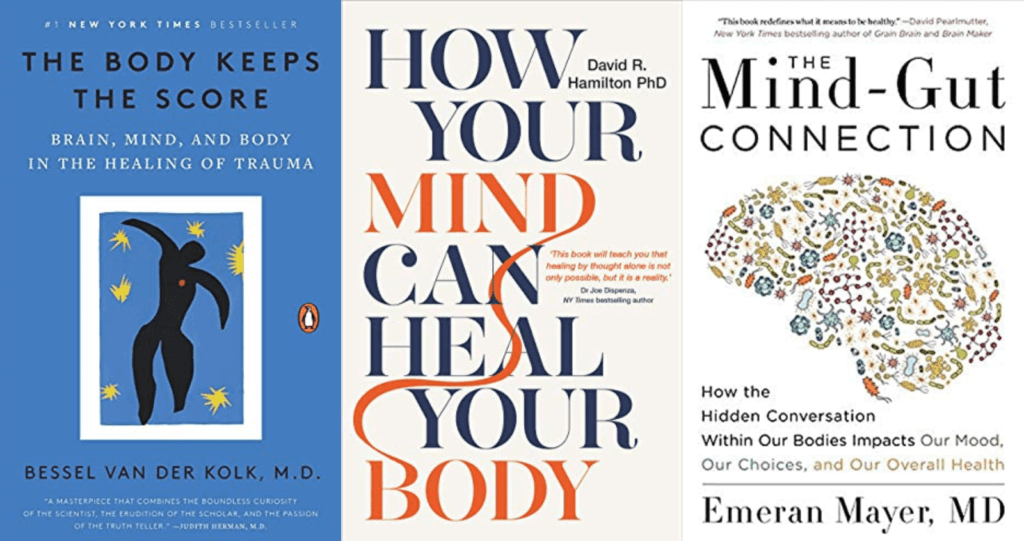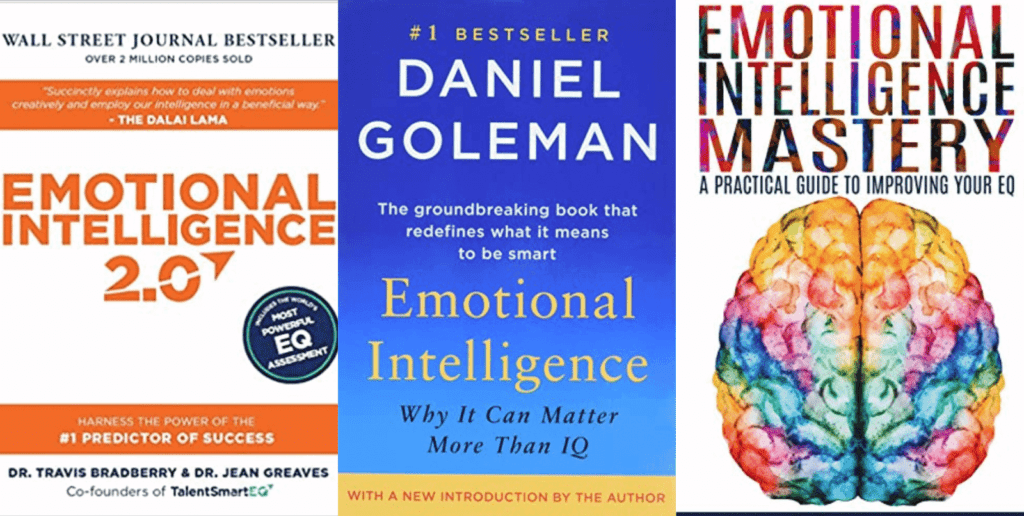The following adolescent depression books for parents to help you support your teenager.
Disclosure: Some of the links below are affiliate links. This means that, at zero cost to you, I will earn an affiliate commission if you click through the link and finalize a purchase.
Signs of Adolescent Depression
Adolescent depression can present itself in a variety of ways. Some common signs and symptoms to look out for include:
1. Persistent sadness or irritability: A noticeable and prolonged change in mood, where the adolescent may seem consistently sad, angry, or easily frustrated.
2. Withdrawal from activities: Loss of interest or pleasure in activities that the adolescent previously enjoyed, such as hobbies, sports, or socializing with friends.
3. Changes in sleep patterns: Insomnia or excessive sleepiness can be indicators of depression in adolescents. Watch for significant changes in sleep habits, such as difficulty falling asleep or staying asleep, or sleeping excessively.
4. Poor academic performance: A decline in school performance, lack of motivation, decreased concentration, difficulty completing assignments, or frequent absenteeism are common signs of depression in adolescents.
5. Changes in appetite or weight: Noticeable changes in eating habits, such as sudden weight loss or weight gain, along with alterations in appetite (either increased or decreased) can be signs of depression.
6. Fatigue or lack of energy: Adolescents experiencing depression may often feel tired, sluggish, or lacking in energy, leading to a decrease in overall motivation and productivity.
7. Physical complaints: Frequent complaints about physical symptoms that don’t have an apparent medical cause, such as headaches, stomachaches, or other unexplained pains.
8. Feelings of worthlessness or guilt: Persistent negative thoughts about oneself, self-blame, or feelings of worthlessness can be common signs of depression in adolescents.
9. Increased sensitivity or irritability: Adolescents may become more sensitive to criticism or rejection, or display heightened irritability, even in situations that wouldn’t typically provoke such responses.
10. Thoughts or discussions of self-harm or suicide: Any mention or preoccupation with self-harm or suicide, even if it seems casual or fleeting, should be taken seriously and addressed immediately with appropriate support and professional help.
It’s important to remember that these signs do not necessarily mean an adolescent is definitively experiencing depression, but they may warrant further attention and evaluation.
If you suspect a teenager may be dealing with depression, it is advisable to seek guidance from a healthcare professional or mental health provider who can offer proper assessment, support, and treatment options.
Adolescent Depression Books For Parents

1. Parenting a Teen Who Has Intense Emotions
By Pat Harvey & Britt H. Rathbone
This much-needed book will give you the tools needed to help your teen regulate his or her emotions. In addition, you’ll learn the skills for managing your own reactions so you can survive these difficult years and help your teen thrive.
Related: Top 10 Gratitude Exercises To Practice Even When Depressed

2. Rescuing Your Teenager from Depression
By Norman T. Berlinger M.D.
In this book, Dr. Norman T. Berlinger offers 10 Parental Partnering Strategies based on his own experiences and on interviews with parents of depressed teens and mental health professionals.
Dr. Berlinger’s tips will help concerned parents differentiate true depression from moodiness, be alert to suicide risks, monitor medication effectiveness, and spot signs of relapse.
Related: Am I Lonely Quiz (+ Top 5 Tips To Overcome Loneliness)

3. Parents Guide to Teenager Anxiety and Depression
By S.L. Clark
In Parents Guide to Teenager Anxiety and Depression, you will discover:
* 25+ effective strategies to build a positive home and help your teen overcome the struggles of anxiety and depression
* The mind of your teen – dive into their brain and understand what goes on inside to paint a better picture
* The emotional rollercoaster that comes with being a teen – uncover what it is that leads to anxiety and depression
* The true role of a parent so you can make sure you are raising your teen the right way
* The truth about anxiety and depression in teens – know the symptoms, signs, and causes
* A look into the online world – understand what kind of teen your child is in this new, innovative world
* The results of anxiety and depression – stop your child from succumbing to substance abuse or suicide before it’s too late
And much more.
Related: Journal Prompts For Depression (+FREE Depression Worksheets PDF)

4. Adolescent Depression
By Francis Mark Mondimore, Patrick Kelly
Incorporating the latest research from the field of adolescent psychiatry, this comprehensive and compassionate guide answers questions that many parents have, including:
* What are the symptoms of depression in teenagers?
* How is depression diagnosed?
* What is the difference between depression and bipolar disorder, and which does my child have?
* How can I find the best mental health professional team for my child?
* What kinds of counseling and psychotherapy are available?
* Are medications safe, and how does a doctor choose a medication for my child?
* What can I do if my adolescent is using alcohol, crystal meth, marijuana, or other substances?
* How do autism and Asperger’s syndrome, eating disorders, premenstrual dysphoric disorder, ADHD, and disruptive mood dysregulation disorder interact with depression?
* What should I do if I sense that my child is in danger?
* With all of this going on, how can I take care of myself?
Related: What is Concealed Depression? (Effective 3-Step Guide To Overcome High Functioning Depression)

5. Helping Teens with Stress, Anxiety, and Depression
By Roy Petitfils
Roy Petitfils—a Catholic author, speaker, and psychotherapist—offers information and advice on:
* the major causes of stress and anxiety in teens today
* differentiating healthy stress from toxic stress
* simple steps to take after identifying a hurting kid, beginning with how to assess whether and how to step in
* the art of listening
He explores the support and comfort available through the sacraments, Catholic devotions, different forms of prayer, and reading the Bible.
Related: Do I Have Seasonal Depression Quiz (+Top 12 Natural Ways To Boost Your Mood)

6. Seen
By Will Hutcherson, NCC Chinwé Williams, PhD, LPC
In this book, Will and Dr. Chinwé will help you…
- Understand how the brain works when someone is in despair
- Learn why some of the things you’d think would help sometimes make matters worse
- Discover simple yet powerful tools you can use every day to connect with a kid or teenager to help them heal

7. The Disappearing Girl
By Lisa Machoian
The Disappearing Girl, the first book on depression in teenage girls, helps parents understand:
• Why silence reflects a girl’s desperate wish for inclusion, not isolation
• Subtle differences between teen angst and problem behavior
• Vulnerabilities in dating, friendships, school, and families
• How, if untreated, girls will carry feelings of helplessness, anger, and depression into adulthood

How Adolescent Depression Books Can Help Parents?
Adolescent depression books can be a valuable resource for parents in several ways:
1. Understanding the condition: These books provide an in-depth understanding of adolescent depression, including its causes, symptoms, and risk factors. By reading about the topic, parents can gain insights into what their child may be going through and better comprehend the challenges associated with this mental health issue.
2. Recognizing the signs: Adolescents often exhibit various signs of depression that may be different from those seen in adults. Books on adolescent depression can help parents recognize these signs more effectively, enabling them to identify if their child is struggling with depression or experiencing typical teenage mood swings.
3. Communication and empathy: Having a child who is dealing with depression can be overwhelming and confusing for parents. Books on this topic can provide practical advice on how to communicate with their child, fostering empathy and understanding. They offer guidance on creating a safe and open environment for discussion, which can lead to better support and connection between parents and their adolescent.
4. Treatment options: Adolescent depression books typically discuss various treatment options available, such as therapy, medication, and holistic approaches. This knowledge can help parents explore different avenues for their child’s well-being and make informed decisions regarding treatment plans.
5. Self-care and coping strategies: Parenting a child with depression can take a toll on the parents’ emotional well-being. These books often include sections dedicated to self-care for parents, emphasizing the importance of looking after oneself while supporting their child. Additionally, they offer coping strategies for both parents and adolescents to manage difficult emotions and navigate challenging situations.
6. Professional guidance and resources: Many books provide information on seeking professional help, such as finding therapists, psychiatrists, or support groups specific to adolescent depression. They may also include additional resources like helpline numbers, websites, and organizations specializing in mental health support for adolescents and their families.
Conclusion
While books can be a helpful starting point, they should not replace professional advice.
If parents suspect their child may be experiencing depression, it is essential to consult with mental health professionals for a comprehensive evaluation and personalized guidance.



